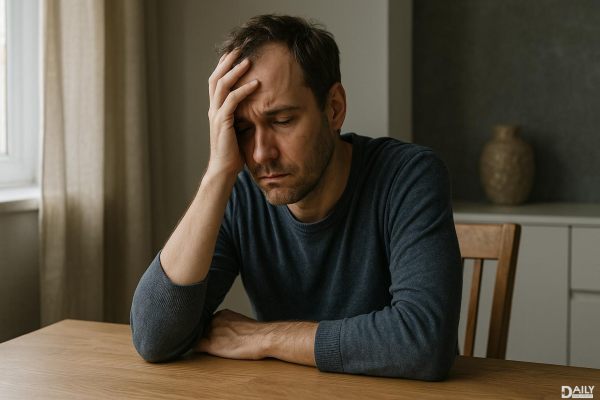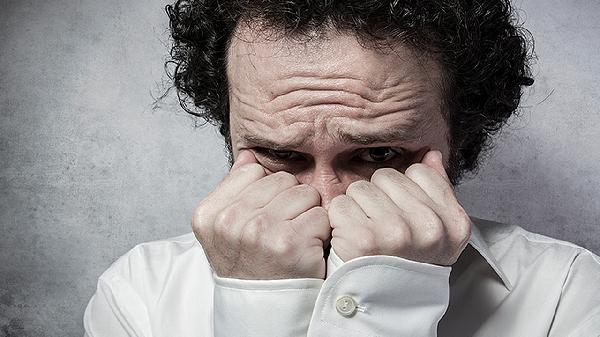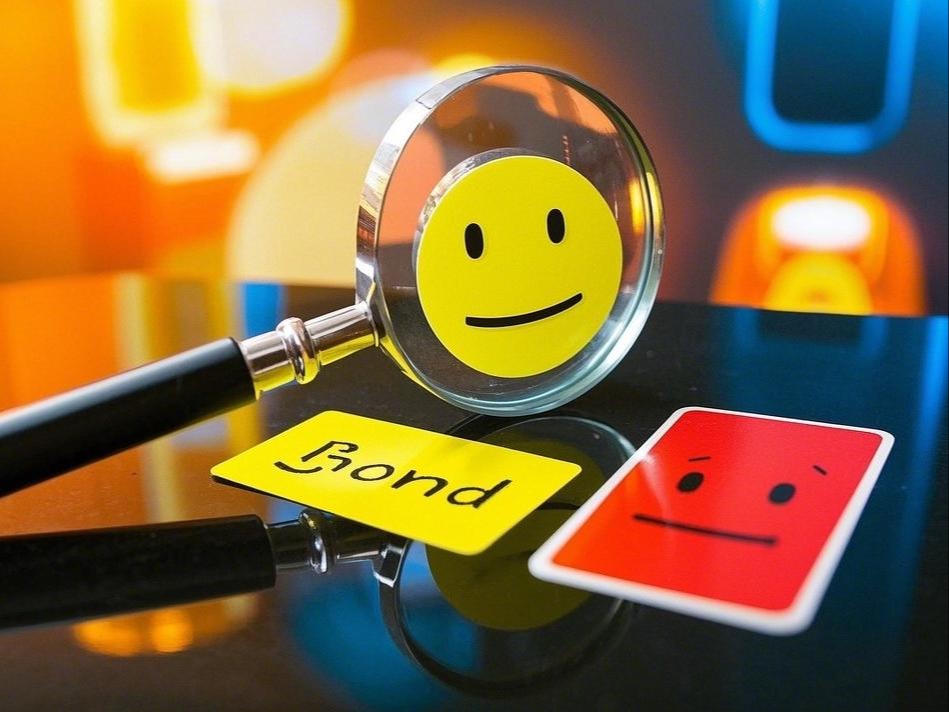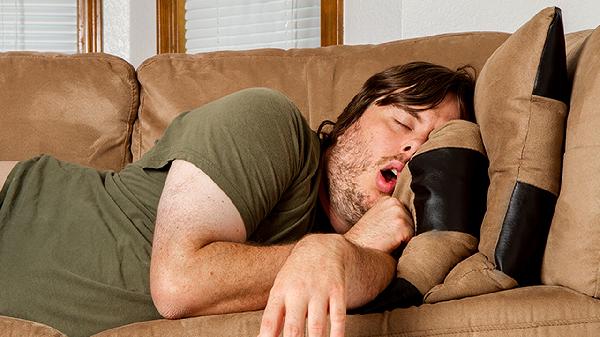Reiki massage is one of those things that sounds a little woo-woo until you actually try it. As someone who’s always down to test-drive alternative wellness practices, I figured why not? If it could help with my anxiety and depression—without the side effects of medication—then sign me up. Turns out, it was way more than just a relaxing session on a massage table. It was an emotional reset button I didn’t know I needed.
Breaking Down the Reiki Experience
Walking into my first Reiki session, I wasn’t sure what to expect. I’d heard it described as “energy work,” but what does that even mean? My practitioner explained it like this: Imagine your body has an invisible energy highway, and sometimes traffic jams (aka emotional or physical blockages) happen. Reiki is like a spiritual tow truck—gentle, non-invasive, but surprisingly effective at clearing the road. The session itself was a mix of light touch and hovering hands, with moments where I swore I could feel warmth or tingling even when she wasn’t physically touching me. And the weirdest part? I left feeling like I’d just ugly-cried, even though I hadn’t shed a single tear during the session. Apparently, emotional releases are common—like your body finally exhaling after holding its breath for years.
Why Reiki Isn’t Just for the Spiritually Inclined
I’ll admit, I went into this thinking Reiki was strictly for people who burn sage for fun and own at least three tarot decks. But here’s the thing: hospitals use it. Cancer centers incorporate it into pain management. Even the Mayo Clinic acknowledges its potential benefits for stress reduction. That’s because, at its core, Reiki isn’t about belief systems—it’s about creating space for the body to relax deeply enough to kickstart its own healing. Think of it like meditation with training wheels. You don’t have to “do” anything; you just lie there while the practitioner helps your nervous system shift out of fight-or-flight mode. For someone like me, whose brain is basically a browser with 50 anxiety tabs open, that’s huge.
The Unexpected Aftermath: More Than Just a Zen Vibe
Here’s where things got interesting. The real magic of Reiki didn’t hit me until days later. I’d wake up with random memories from childhood, or suddenly understand why certain situations triggered me. My practitioner warned me this might happen—Reiki doesn’t just stop when the session ends. It’s like hitting “defrag” on your emotional hard drive; things keep reorganizing in the background. I also noticed I was sleeping deeper and reacting less intensely to stressors. It wasn’t a cure-all, but it gave me a new way to process emotions without spiraling. And in the world of mental health, having one more tool in your kit can make all the difference.
Skeptic-Friendly Reasons to Give Reiki a Shot
If you’re side-eyeing this whole concept, I get it. I’m not here to convince you energy healing will solve all your problems. But here’s what sold me: science shows that relaxation therapies (even placebo ones) can lower cortisol, improve sleep, and reduce pain perception. Reiki just happens to be a structured way to achieve that. Plus, unlike some wellness trends, there’s zero downside—no sketchy supplements, no culty vibes, just quiet time where someone’s sole job is to help you feel better. Worst-case scenario? You take a really nice nap. Best-case? You stumble into a form of self-care that actually works for your overactive mind.
Would I do it again? Absolutely. Reiki won’t replace therapy or medication for those who need it, but as a supplemental practice, it’s been a game-changer. It taught me that healing isn’t always about “fixing” yourself—sometimes it’s just about letting someone else hold space for your energy to untangle itself. And in a world that’s constantly demanding we do more, be more, and hustle harder, that’s a radical act of self-care.
























